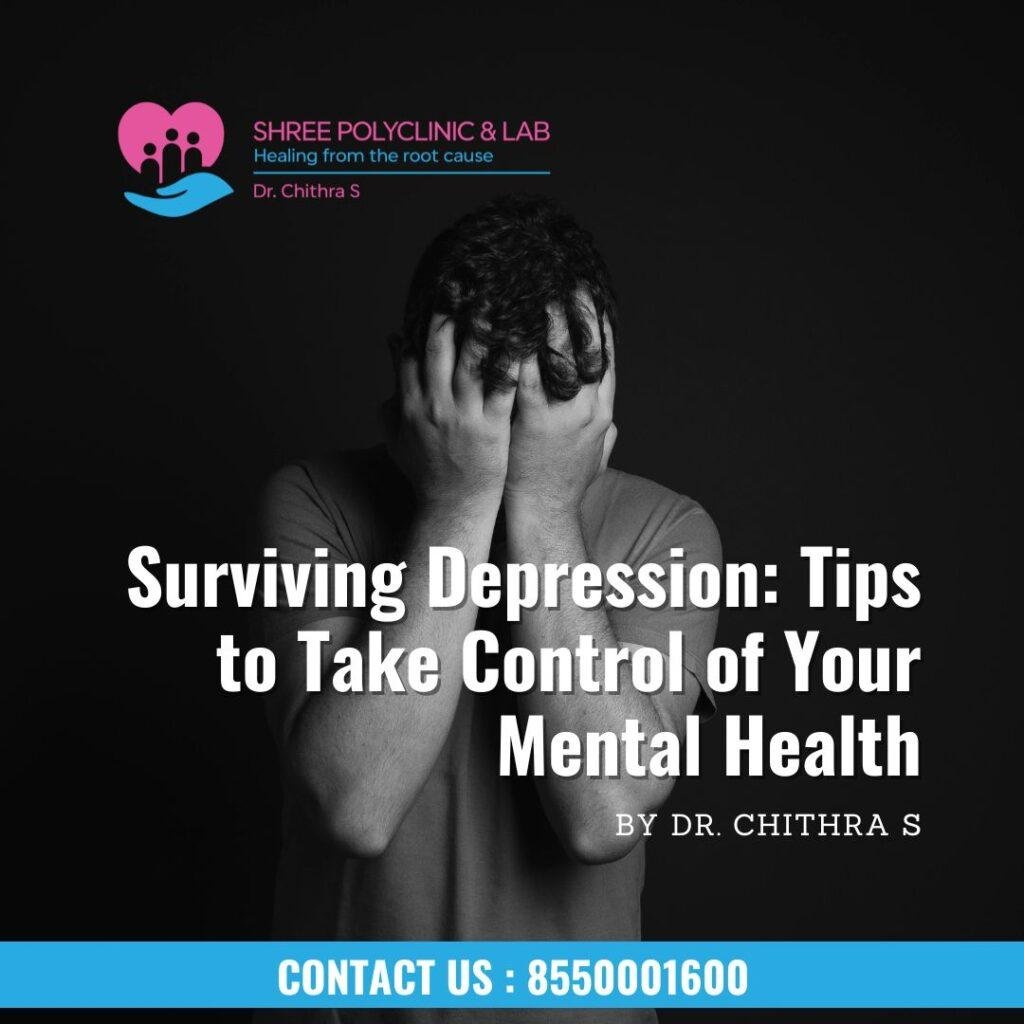Depression is more than just feeling sad or anxious for a short time. It can deeply impact both your mental and physical health, making you feel stuck, like you’re in a cave with no way out. However, being in a state of depression doesn’t mean giving up hope. Along with seeking therapy and taking prescribed medication, you can also take small steps to regain control, even when you feel like doing nothing.
Here are some tips to help you navigate through depression:
1. Take Up a Hobby
When you’re depressed, it may feel impossible to do anything, let alone something you enjoy. However, your mind can be your greatest enemy during this time, often preventing you from engaging in activities that could make you feel better. Push through and pick up a hobby – whether it’s playing a musical instrument, painting, or working out. Engaging in a hobby releases happy hormones, improving your mood.
2. Improve Your Sleep Habits
Depression can often turn you into a night owl, but restoring a regular sleep pattern is crucial for recovery. A good night’s sleep can make a significant difference in how you feel. Aim to go to bed and wake up at the same time each day, and be patient as it may take some time for your body to adjust. Avoid using phones or devices before bed, as the blue light disrupts sleep.
3. Stay Connected with Friends
Isolation can worsen depression. Even though you may feel like pushing everyone away, it’s essential to stay connected with your support system. Whether it’s close friends, family, or even a therapist, having people around you can help. Don’t be afraid to lean on those you trust.
4. Challenge Negative Thoughts
Negative thoughts like “I’m not good enough” or “I can never be happy” can feel overwhelming, but you have more control over them than you think. It takes effort and patience to train your mind to think positively, but with time, it can be done. Cognitive Behavioral Therapy (CBT) is also an effective way to reframe negative thinking patterns. Consider reading self-help books or working with a therapist to break the cycle.
5. Avoid Energy Drainers
Whether it’s toxic people or habits, removing things that drain your energy is essential for recovery. If certain individuals or even social media make you feel worse, take a step back from them. Focus on creating a calm and positive environment around yourself.
6. Spend Time in Sunlight
Spending time outdoors, even for a few minutes a day, can make a big difference. Sunlight boosts serotonin levels, which helps improve your mood and focus. Even if the weather is harsh, try to step outside for some fresh air and sunlight.
7. Consider Getting a Pet
If you’ve been thinking about getting a pet, this is your sign to go for it. Pets can alleviate loneliness, reduce stress, and provide unconditional love. Studies show that pet ownership can positively impact mental health, with 75% of pet owners reporting better mental well-being.
8. Exercise and Go for Walks
Physical activity can improve mental health significantly. Exercise releases dopamine and other happy hormones, which help elevate mood, increase energy, and boost productivity. Even simple activities like walking can be highly beneficial.
Closing Thoughts
Dealing with depression is a challenging journey, but incorporating these tips can make a difference. Always seek professional support from therapists or mental health professionals for personalized care. Alongside therapy, practice self-compassion, stay active, maintain a balanced lifestyle, and keep a strong support network. Remember, you are not alone, and with time and effort, brighter days are ahead.
Book Your Full Body Health Checkup Today at Shree Polyclinic & Lab. Contact: 8550001600

